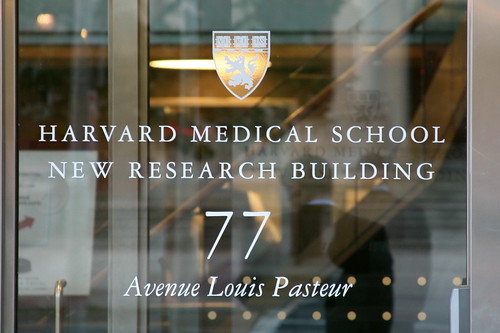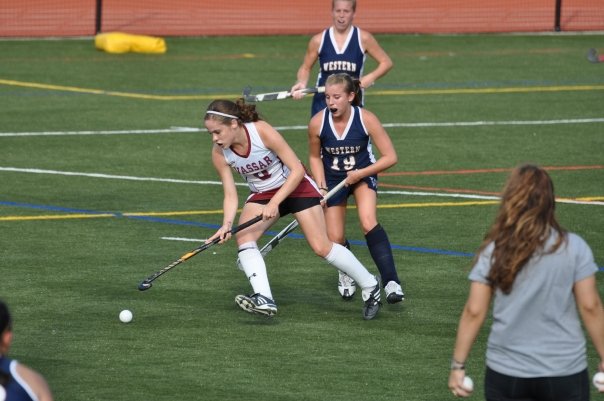
![]() photo credit: cliff1066™
photo credit: cliff1066™
Linda Abraham, a graduate school admissions expert and president of Accepted.com (http://www.accepted.com/ ), will provide college students and graduates with an overview of what they need to know about applying for and preparing for graduate school during #CollegeChat on Twitter on September 7, 2010 at 6 pm Pacific/ 9 pm Eastern, Theresa Smith, principal of Pathway Communications and moderator of #CollegeChat announced today.
Attending graduate school is a goal of many college graduates especially in a turbulent job market. Long term statistics show that this strategy may pay off. According to the Census Bureau, in 2008 college graduates between 25 and 29 with a master’s degree made on average $7,954 more annually than those with only a bachelor’s degree.
During the upcoming live #TwitterChat, Abraham (http://twitter.com/accepted) will address questions on how college students and graduates can best prepare including:
- Does going to graduate school make sense financially
- What are the differences between the graduate school admission process and the undergraduate admissions process
- Should college students go directly to graduate school
- What is a personal statement and why is it critical
- Where are good places to start researching graduate programs, especially MBA, Law and Medical School
- What steps should college students take during college to prepare for graduate school
- How to finance graduate school, how much can be borrowed
Linda Abraham has been a leader in the admissions consulting field since 1994. Today her consultancy, Accepted.com, serves thousands of applicants each year through its web resources, information products, and premier advising and editing services. Abraham is also is a co-founder and first president of the Association of International Graduate Admissions Consultants (AIGAC), the only organization dedicated exclusively to the field of private graduate admissions advising. Abraham has also written or co-authored 13 ebooks on the admissions process.
New to Twitter?
In order to participate in the chat, attendees will need to have a Twitter account. To sign up for a Twitter account, go to http:// twitter.com. The easiest way to follow the chat is to use TweetChat (http://tweetchat.com). Simply log in to TweetChat with your Twitter information (email or username followed by password) and then enter in CollegeChat without the “#” and you will be placed into the chat room with only those participating in #CollegeChat. More detailed information about signing up for Twitter and using TweetChat can be found at http://pathwaypr.com/how-to-participate-in-a-twitter-chat .
About #CollegeChat
#CollegeChat is a live bi-monthly conversation intended for teens, college students, parents, and higher education experts on Twitter. Questions for each #CollegeChat edition can be sent to Theresa Smith, the moderator of #CollegeChat via http://Twitter.com/collegechat , by entering questions online on the CollegeChat Facebook page at http://ht.ly/1XIqV , or by email. CollegeChat can also be found on Twitter at http://Twitter.com/collegechat .


